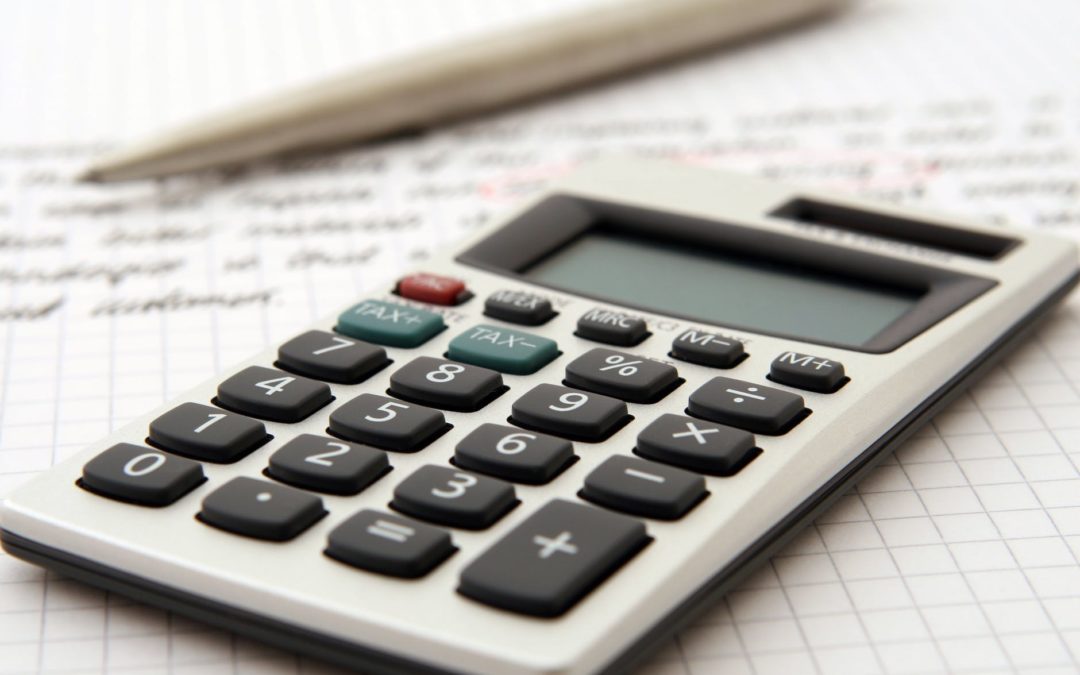The South African government has introduced a carbon tax effective 1 June 2019 with the objective to reduce harmful greenhouse gas emissions. While transitioning, 60% of emissions will be tax-exempt up to 2022 to lessen the impact on industry. Over and above the basic 60% tax-free threshold for all sectors, additional allowances apply to various sectors and businesses.
So what is a carbon tax?
A carbon tax penalises companies and individuals that emit more carbon. Emissions can occur from various sources although the most common is fuel combustion in transportation and electricity generation. To put this into perspective, 1kg of carbon dioxide is emitted for every kilowatt hour of electricity generated in South Africa. The net result is that becoming energy efficient and lowering energy consumption becomes increasingly important.
Using pricing signals a carbon tax is designed to create incentives for companies, businesses and individuals to change their behaviors, consumption patterns and products from being carbon intensive to low carbon alternatives. This transition to low carbon options reduces our reliance on polluting fossil fuels and ultimately reduces emissions.
Feel free to contact us if you have any queries around the impending carbon tax. Our consultants can assist you in understanding your risk exposure and work with you to develop a strategy to mitigate this risk.

